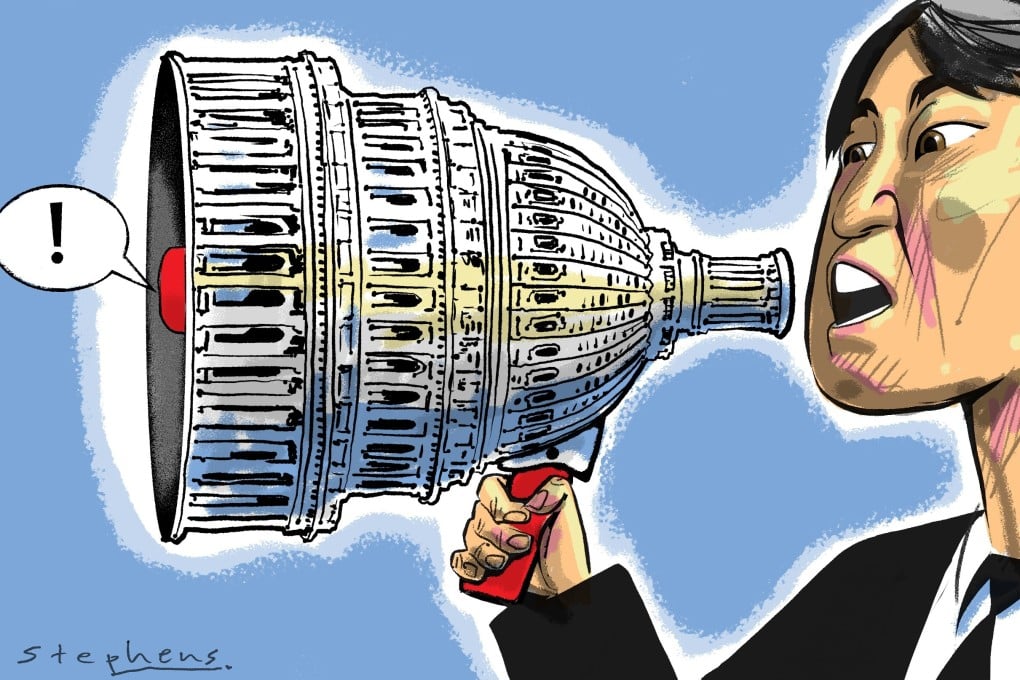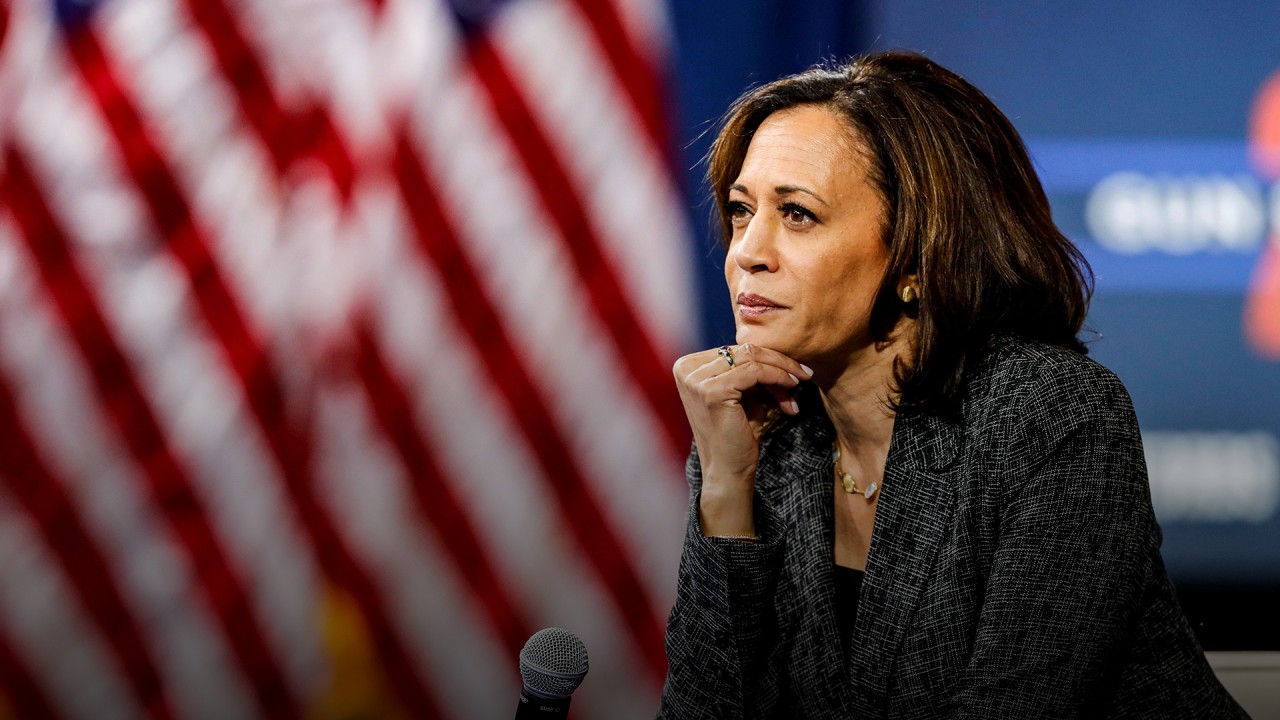Opinion | Asian-Americans must raise their voice for greater representation in US politics
- Both parties’ lack of interest in courting the Asian vote has been disappointing, and out of proportion with the impact it can have in key swing states
- It’s up to Asians themselves to step up their political engagement, not just in terms of getting out to vote, but also in seeking office

With just over a week until the US presidential election, I find myself reflecting on my personal history as a voter. The first election I was eligible to vote for was in 1960. Though I had lived in the US for more than a decade and was on my way to completing my PhD, I was not very informed about the election.
When one of my classmates at Georgetown University encouraged me to vote for her boss, John F. Kennedy, the only thing I knew about the man was that he lived across the street from me and I sometimes saw his wife walking their dog.
It is no wonder that I was so uninformed. In 1960, the Asian population in the US was small, divided, and was only just beginning to participate in the political process. The first Asian-American elected to Congress, Dalip Singh Saund of California, secured a House seat in the 1956 election, followed by Daniel Inouye’s House win and Hiram Fong’s Senate victory in 1959. Progress after these victories proved slow.
Now, Asian-Americans are the fastest-growing voting group in the nation. Asian voters have the potential to impact the outcome in key swing states like Pennsylvania, North Carolina and Arizona. Yet two things remain the same as in 1960: neither of the two main parties have put much effort into reaching Asian voters, and Asian representation in Congress is still lacking.

03:10
Who is Kamala Harris? Joe Biden’s vice-president pick

